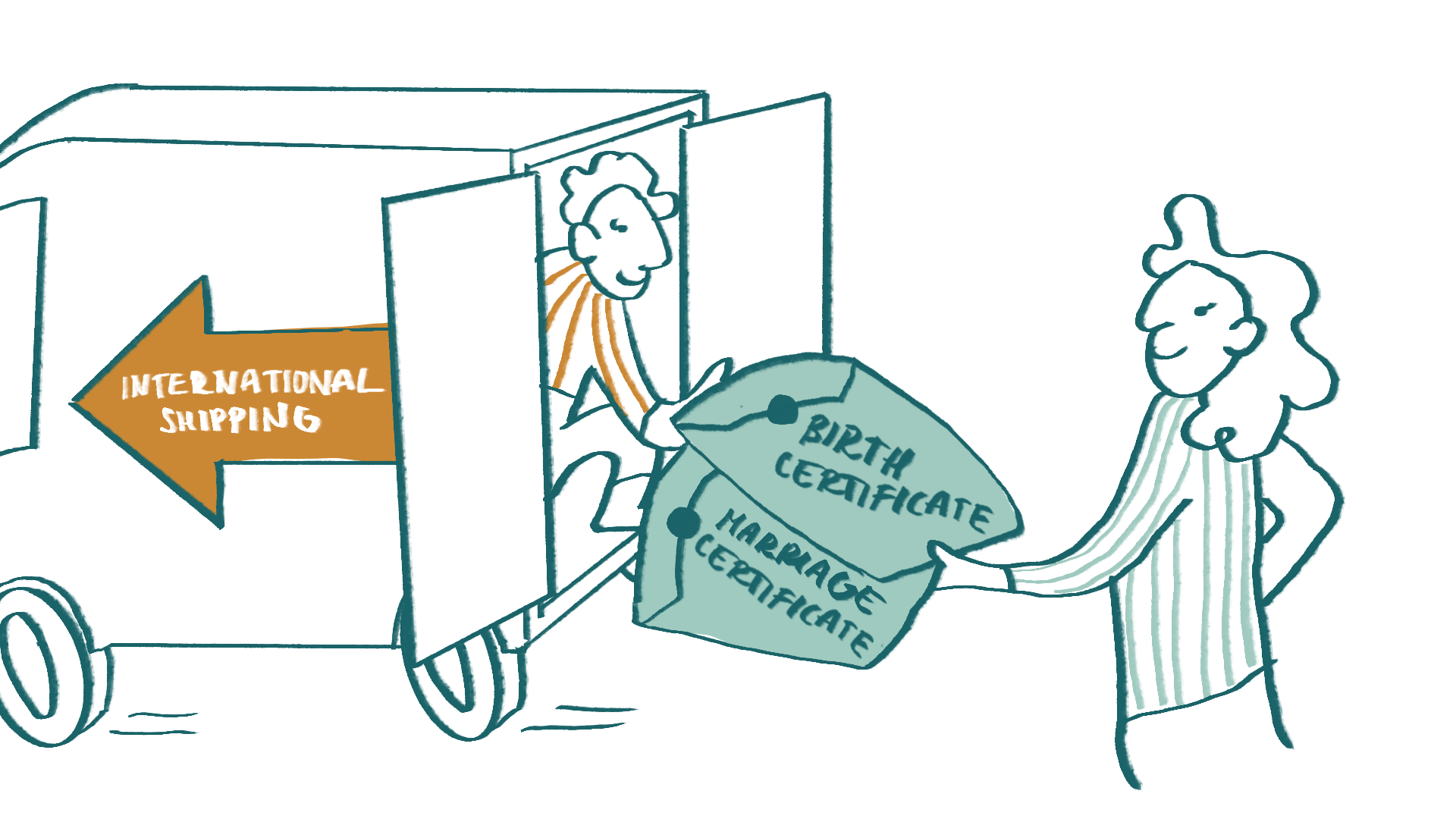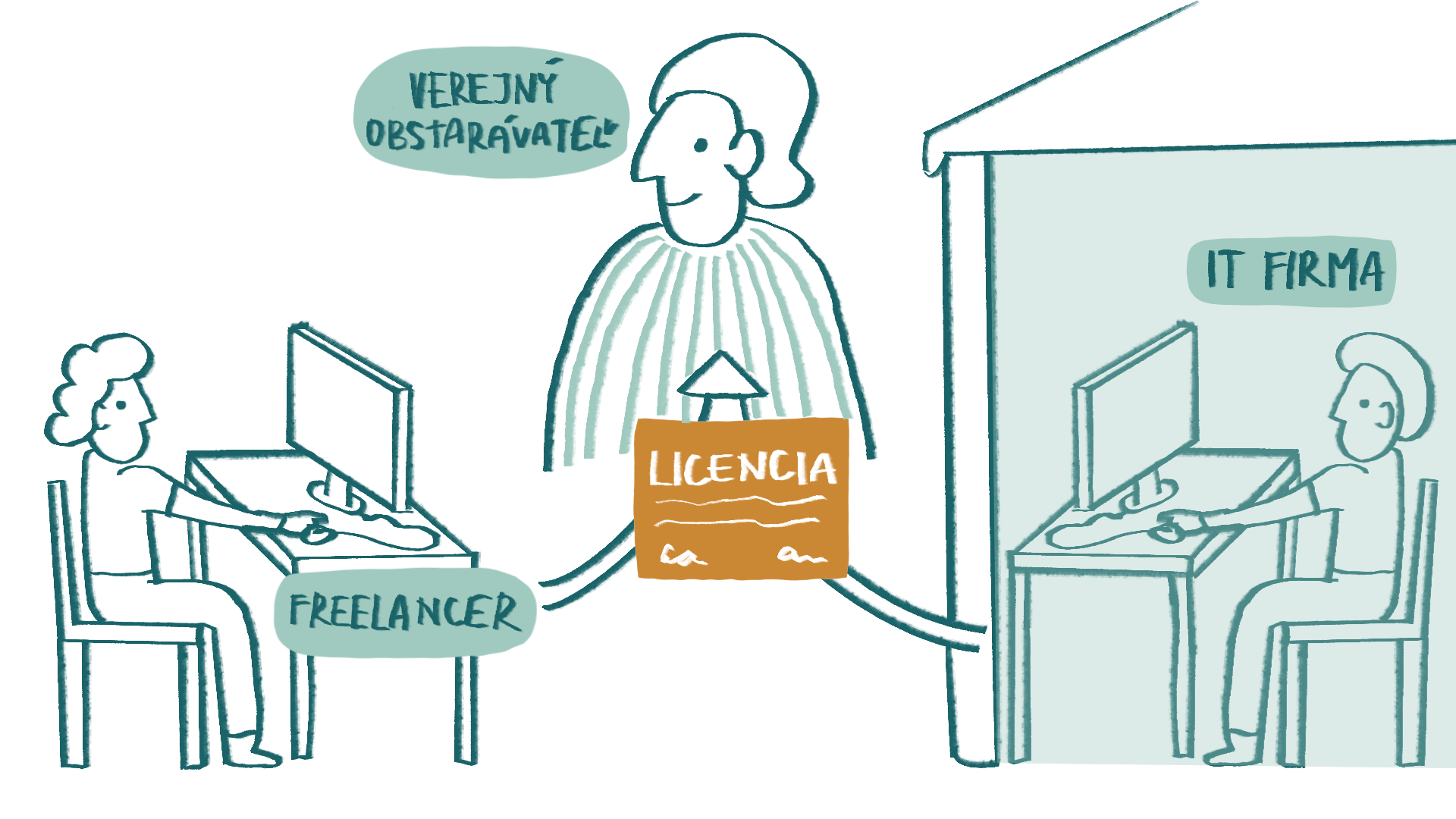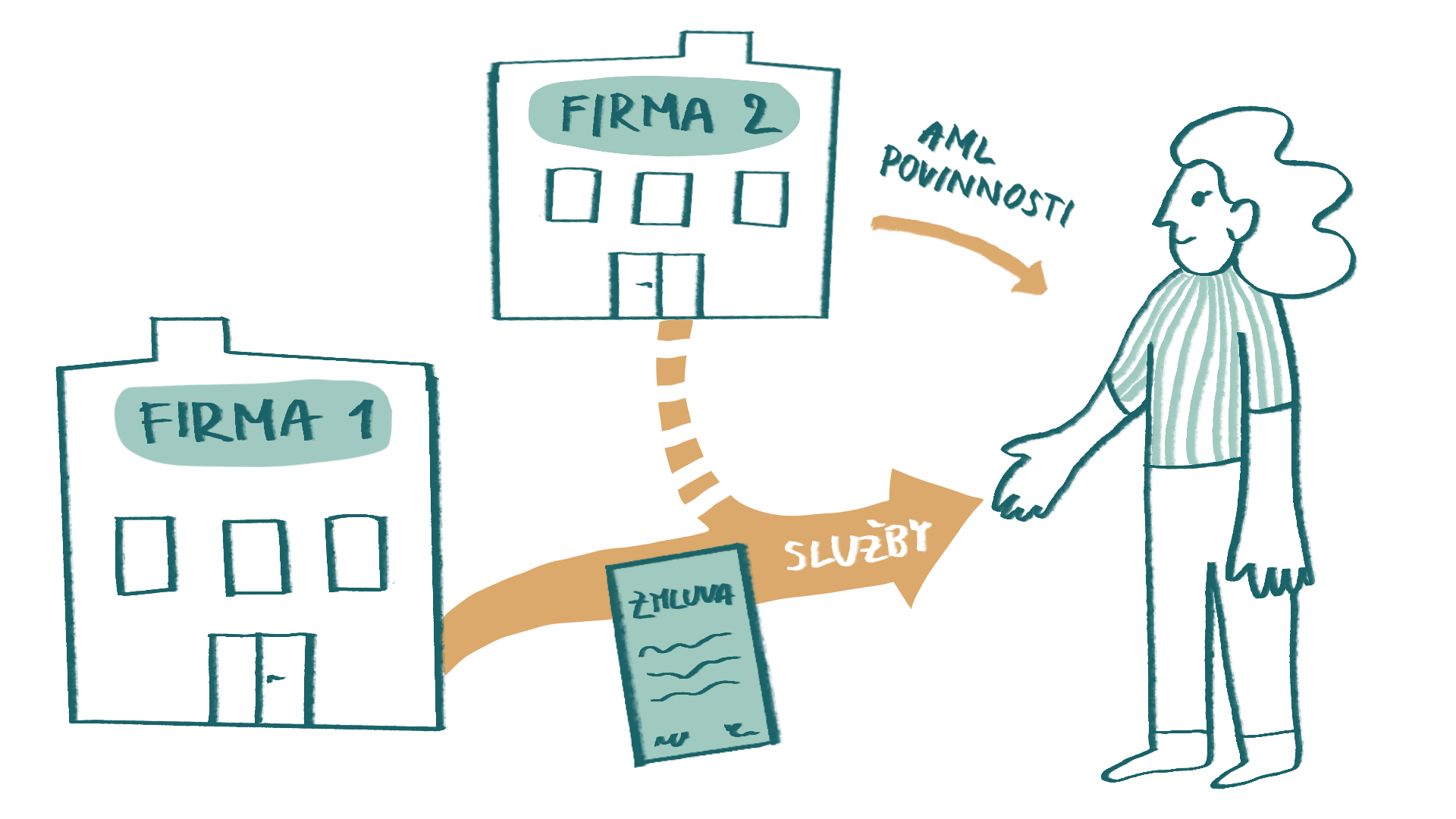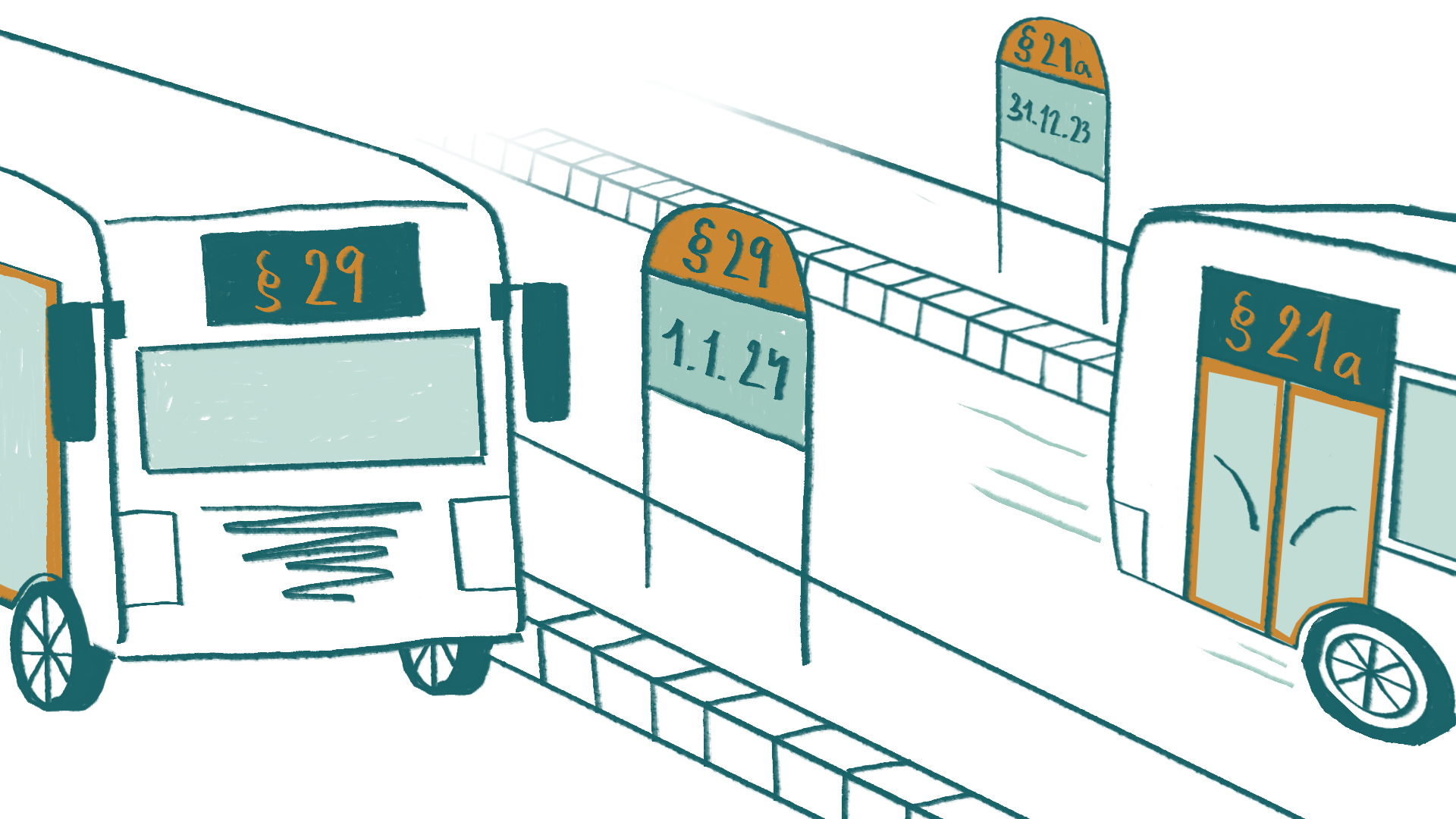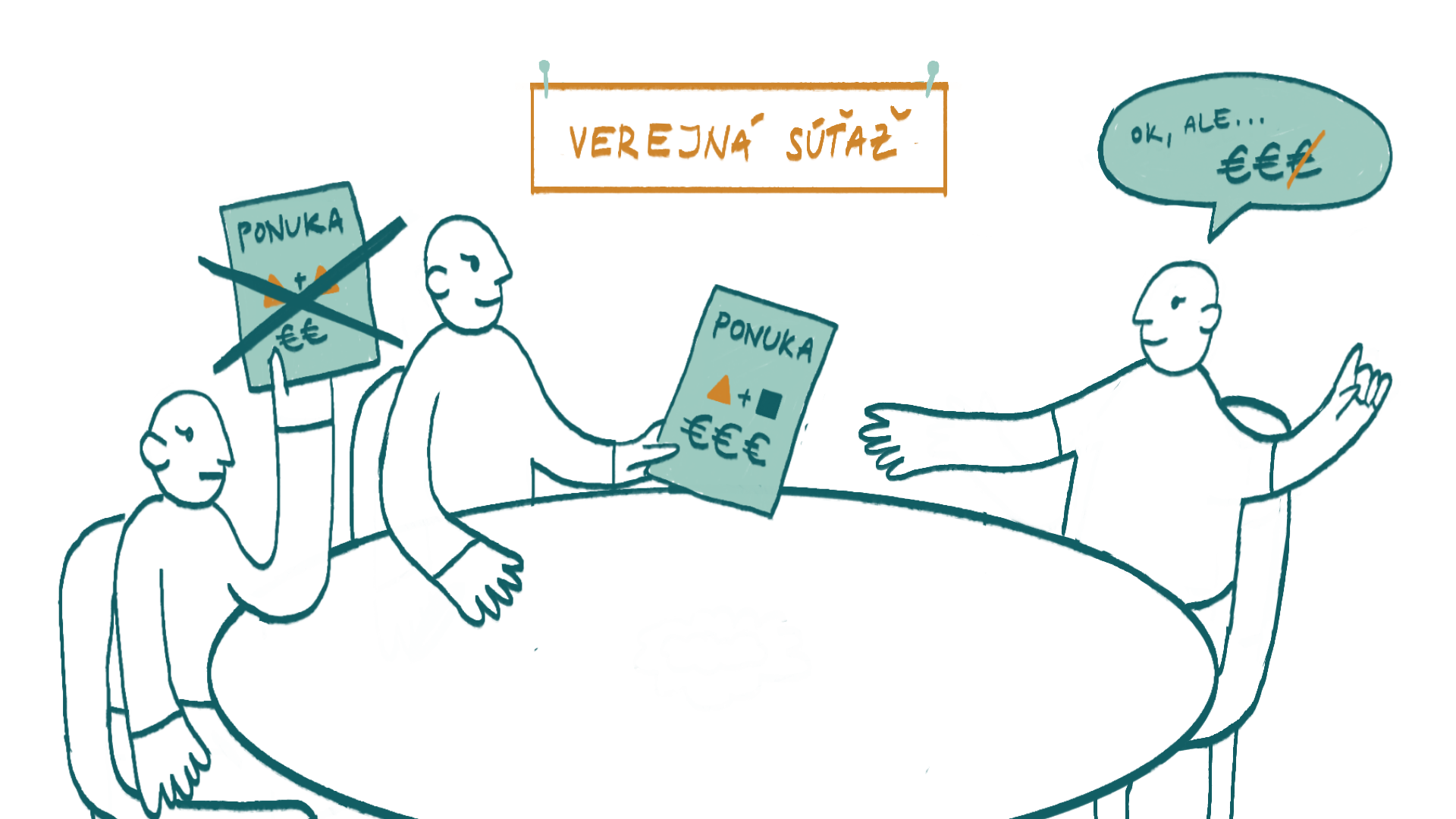Being a provider of online financial services in Slovakia, operating under the European single passport license, we are classified as an ‚obliged entity‘ under the Slovak AML Act. This requires our adherence to specific AML obligations, including obligation to verify our customers‘ addresses. The current interpretation of the Slovak AML Act indicates that this verification process must involve the customer’s identification document (ID) and an additional document, such as a utility bill, to confirm their address. However, in other European Union countries, we utilize more customer-friendly verification tools that do not require the submission of additional documents. These tools verify a customer’s residential address through the geolocation of the device used by the customer at the time of their registration during the onboarding process. Given that not all identification documents include the customer’s address, we are inquiring whether it would be permissible under the Slovak AML regulations to utilize such a geolocation tool as an alternative means of verifying a customer’s address, in lieu of relying on the customer’s ID and an additional document.
The Slovak Act no. 297/2008 Coll. on Protection Against Money Laundering and Terrorist Financing (AML Act) mandates that obliged entities must identify their customers and verify all their identification data. Specifically, section 7, subsection 1, letter a) states: „the obliged entity must determine the basic identification data of the customer, which, in the case of individual customers (natural persons), expressly include ‚name, surname, birth number or date of birth if a birth number has not been assigned, address of permanent residence or other residence, nationality, identification of the type and number of identity document.“
Section 8, subsection 1, letter a) of the AML Act outlines the verification process of a customer’s identification, detailing that this includes verifying the identification data presented in their identity document, where applicable, and ensuring the person’s appearance matches that in the identity document, whether through physical presence or via technical means and procedures. Crucially, the latter part of letter a) highlights that if the data under verification are not accessible from official registers or records, they may be validated through another reliable and independent source.
Thus, the AML Act implicitly requires verifying a customer’s residence address from the ID or alternative reliable sources if the ID does not provide this information. It suggests that additional verification documents for the address are not necessary if the information can be confirmed from the ID. Slovak law emphasizes verifying the address from the ID, but if the ID lacks address proof, alternative reliable sources should be used.
Regarding your considered process changes to rely solely on the ID for address verification without requiring additional documents when the ID includes address proof, we believe this approach is acceptable.
However, completely substituting ID-based verification with geolocation, even when the address is available in the ID, would likely breach Slovak regulations, in our view. We believe that the introduction of geolocation is permissible when the customer’s address is not verifiable from the ID, such as for foreign individuals or when a passport without an address is presented. But this is only provided the geolocation tool is deemed reliable.
In our opinion, it is crucial not to eliminate ID verification for the customer’s address entirely. Your Slovak branch should continue to prioritize the ID for address verification. Geolocation can supplement this, especially when the ID lacks address proof, serving as the sole address verification method in such instances.
This interpretation aligns with the understanding that Slovak regulations and guidelines do not explicitly enumerate the verification sources if the ID is insufficient nor expressly exclude geolocation tools as a means of verifying customer addresses.






















